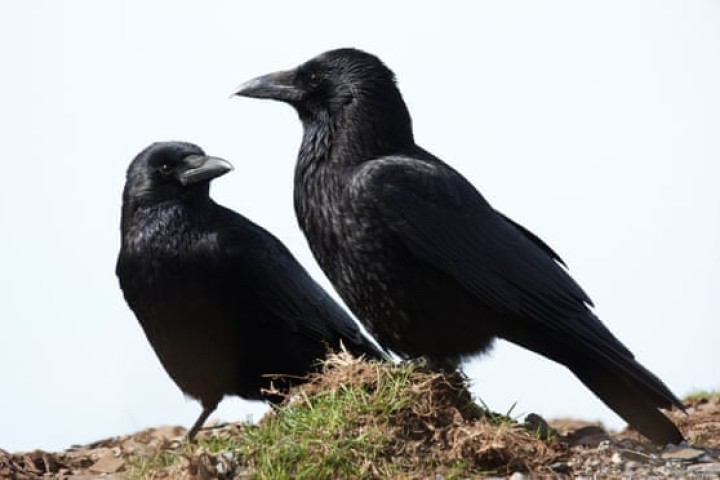Law change allows wild birds to be killed to protect game birds in England

Carrion crows are among the species gamekeepers are allowed to kill, as well as jackdaws, magpies and rooks. Photograph: cadifor/Getty Images/iStockphoto
Some wild birds can now be killed in order to protect game birds bred for shooting in England, after the government updated guidelines on its general licences.
General shooting licences give broad permissions to shoot certain species of wild birds to protect livestock, aid conservation, and preserve health and public safety.
The new licences have been issued for two years rather than one, with government officials saying this is to provide “stability and certainty” to shooters.
General licences are permissive licences, meaning users do not need to apply for them but they must comply with their terms and conditions when undertaking licensed acts.
There has been debate over whether pheasants, partridges and grouse count as livestock, as they are wild birds, and so whether predators can be shot in order to protect them.
The Department for Environment, Food and Rural Affairs (Defra) has released a new definition of “livestock” including these birds, to give explicit permission to shoot carrion crows, jackdaws, magpies and rooks.
It reads: “‘Livestock’ is as defined in section 27(1) of the 1981 [Wildlife and Countryside] Act. For the purpose of this licence, this expression also includes game birds kept in an enclosure or which are free roaming but remain significantly dependent on the provision of food, water or shelter by a keeper for their survival. This does not include supplementary feeding.”
A Defra spokesperson said the change was made after gamekeepers asked for more clarity about whether game birds counted as livestock.
The new language makes it clear that wild predatory birds cannot be shot under this licence in order to protect wild game birds that are not dependent on food and shelter from humans, but they can be shot under the licence if they are.
The official added: “The new general licences have been updated to clarify when they apply and make clear when a game bird ceases to be livestock and becomes a wild bird. None of the changes alter the activities licence users are authorised to do.
“We continue to work with stakeholders to ensure our licensing process is robust for wildlife and workable for users going forward.”
Conservation groups raised concerns that the update could mean an increase in the killing of wild birds.
The RSPB’s head of site conservation policy, Kate Jennings, said: “If this update to the livestock general licence goes beyond a reclassification of terminology and implies that it will lead to an increase in the killing of wild birds to protect game bird interests, then given the nature and climate emergency we find ourselves in, this would be a massive backward step for nature conservation in this country.”
The general licences have been challenged by wildlife groups including the BBC presenter Chris Packham’s Wild Justice. His group has challenged the legislation and in 2019 managed to get it suspended. Wild Justice has since managed to secure changes including removing all gull species, and the places they can be used no longer include sites of special scientific interest and other nature reserves.

